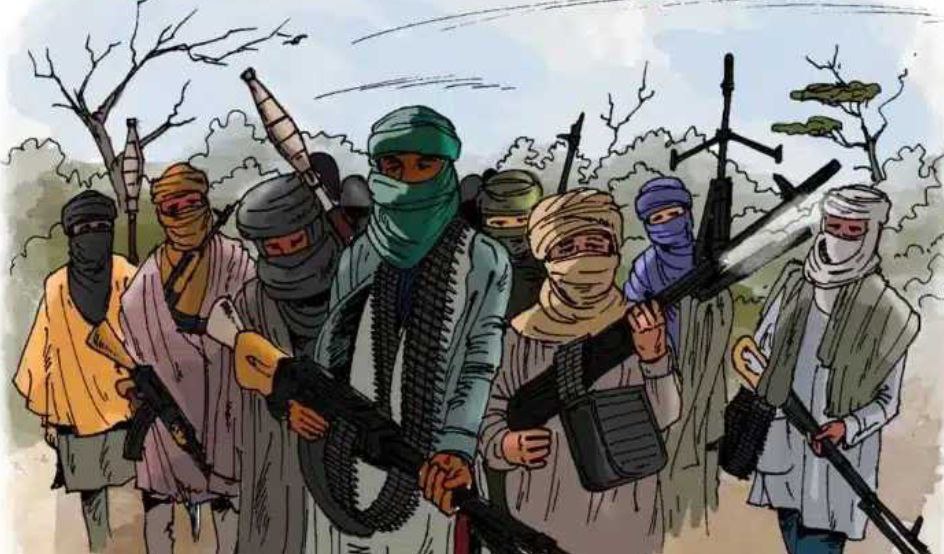
The emergence of the Lakurawa terrorist group in Nigeria’s Kebbi and Sokoto states has been linked to complex dynamics involving local communities. Initially, some residents invited the group to help combat rampant banditry, particularly in areas where governmental security was perceived as ineffective. The group, initially seen as a solution, began imposing taxes and exploiting communities after establishing control.
The Lakurawa group is reported to have connections with jihadist movements in Mali and Niger, including affiliations with al-Qaeda-linked groups. Their entry into Nigeria coincided with broader regional instability following coups in neighboring countries. The group initially operated as mercenaries but has since evolved into a larger threat, engaging in violence, robbery, and extortion across multiple local government areas.
Nigerian authorities, led by the military and local governments, are actively responding to this crisis. Efforts include deploying troops and engaging traditional leaders to regain control of affected areas and curb the group’s influence.




